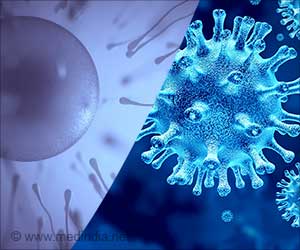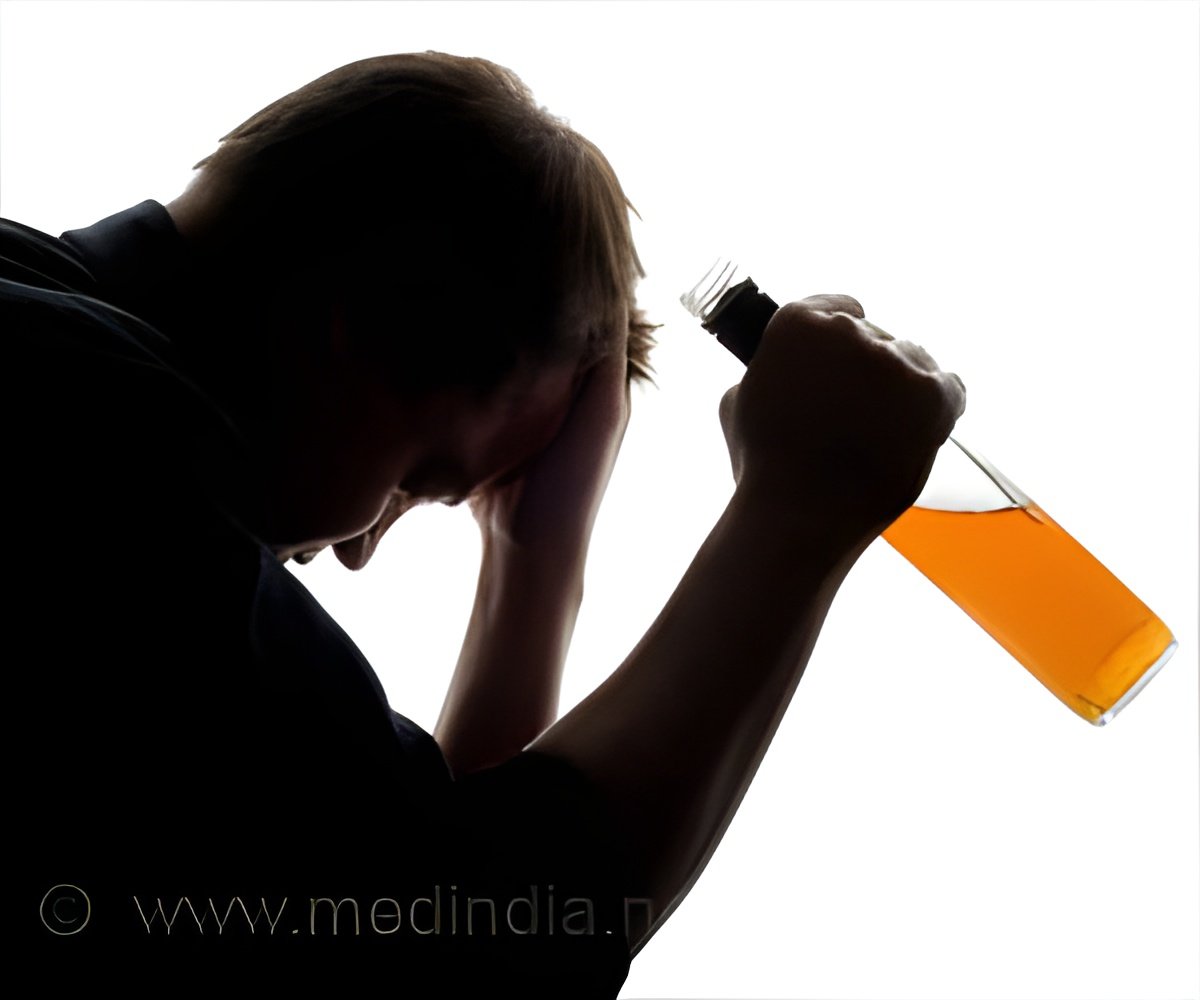As the time of recovery from COVID-19 increased, the quality of sperm also improved.
Semen samples taken from 51 patients between one and two months after recovery showed a 37 percent reduction in sperm’s ability to move, and 29 percent had low sperm counts, falling further to 28 percent and 6 percent, consecutively after two months had passed.
Researchers found strong evidence that COVID-19 could not be sexually transmitted through semen after a person had recovered from illness. They also found that there were no differences in the sperm quality of those who were hospitalized with COVID-19 and those who stayed at home with milder symptoms.
How Does COVID-19 Affect Sperm Function?
Influenza virus is already known to damage sperm because of the higher body temperatures experienced due to the fever. However, researchers found no link between the presence or severity of fever and sperm quality in the case of COVID-19 infection. Instead, they believe that the cause could be linked to the body’s immune response to the virus.
Tests showed that higher concentrations of specific COVID-19 antibodies in patients’ blood serum were strongly correlated with reduced sperm function. This finding indicated that the cause of COVID-19 induced sperm dysfunction is due to an immunologic reaction rather than a fever-induced one.
The study showed that there was no COVID-19 virus RNA present in the semen of patients, but the finding that antibodies were attacking sperm suggests that the virus may have breached the blood-test is barrier during the peak of infection.This supports an earlier study finding from Wuhan in China, where PCR tests on semen samples from infected COVID patients tested positive for the virus.
Avoid COVID-19 to Get Pregnant
Belgian researchers urged that further work was needed to establish whether or not COVID-19 could have a longer-term impact on fertility. Researchers also concluded that couples trying to get pregnant should be warned that sperm quality after COVID-19 infection can be suboptimal. The estimated recovery time is three months, but further follow-up studies are needed to confirm this and determine if permanent sperm damage has occurred.
References:
- COVID-19 and male fertility: Taking stock of one year after the outbreak began – (https://pubmed.ncbi.nlm.nih.gov/33754623/)
- COVID-19 Vaccines for People Who Would Like to Have a Baby
– (https://www.cdc.gov/coronavirus/2019-ncov/vaccines/planning-for-pregnancy.html)
Source: Medindia



